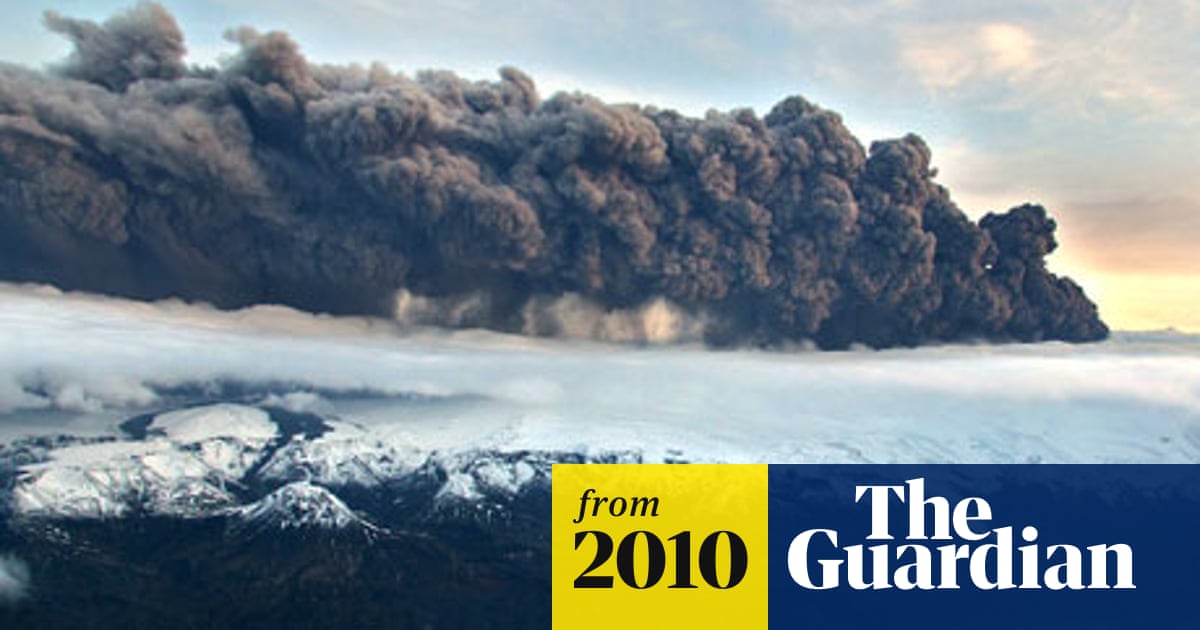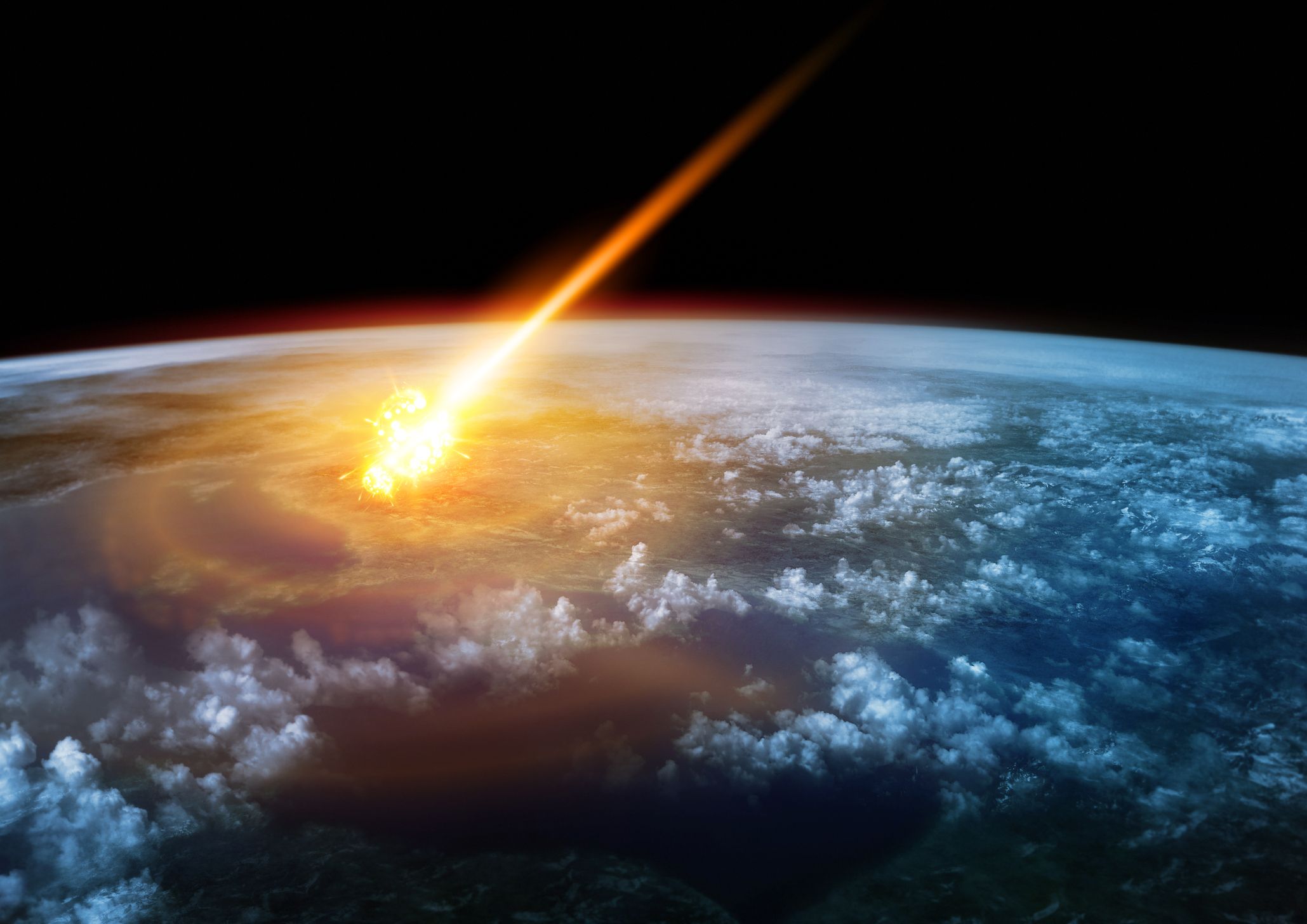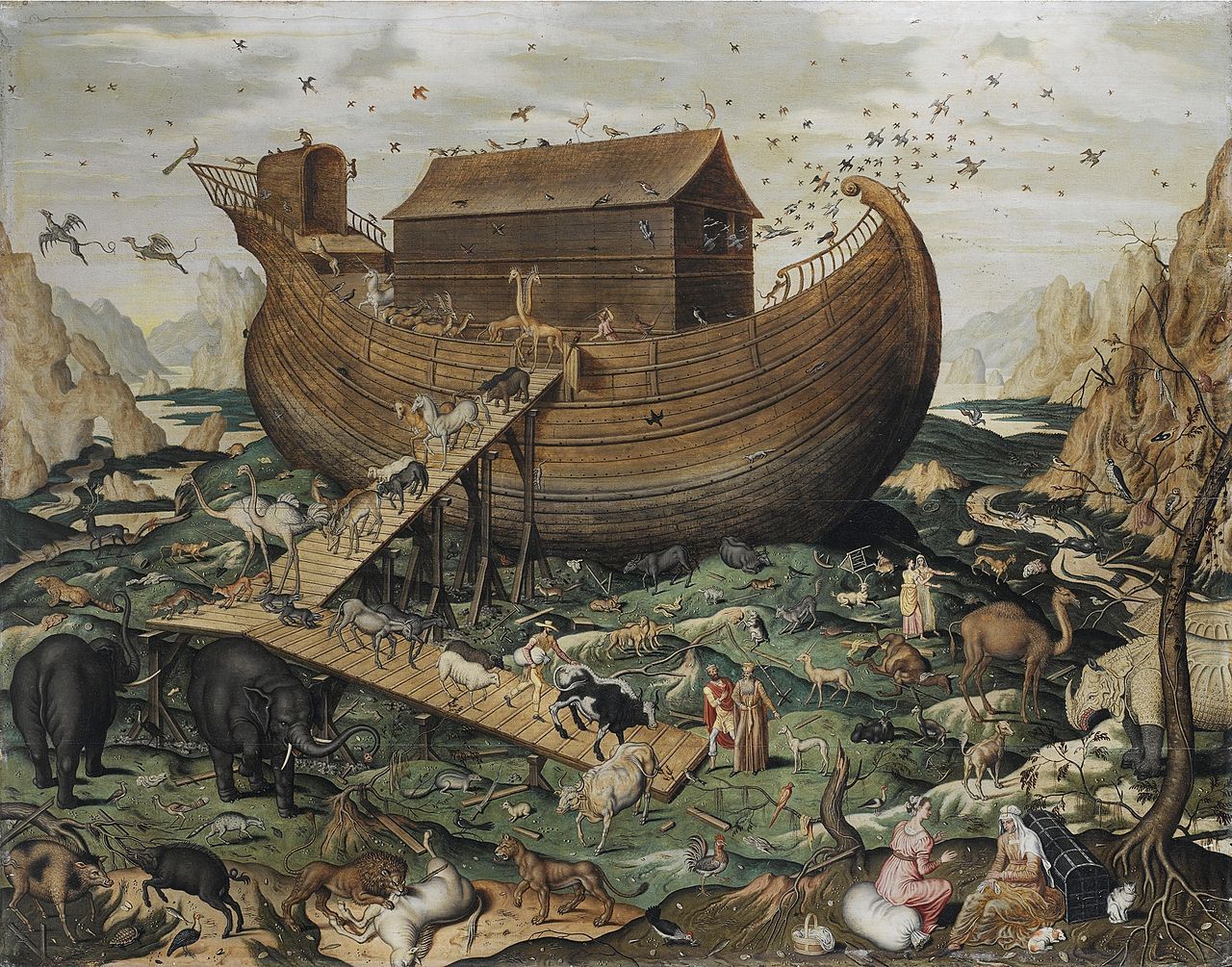So I am making this thread to discuss the oft-ignored/overlooked part that geological events have played on mass societal upheaval.

 www.forbes.com
www.forbes.com

 www.theguardian.com
www.theguardian.com

 www.forbes.com
www.forbes.com

 www.newsweek.com
www.newsweek.com

 www.smithsonianmag.com
www.smithsonianmag.com
These are just a few links/examples of major societal shake ups/collapses/disasters that seriously affected the cultures around them and yet are often treated as things to moralize over in Left vs Right debates that try to bring up history. Most debates that even touch on the part geological/astronomical forces treat them as side-issues, instead looking at human events as being downstream of geological/astronomical events.
I think this is also because many of these records of events in early human history are also recorded in religious texts. Religious people tend to not react well to scientists poking at things/stories/parables they take on faith, but which physical evidence contradicts or shifts the story in ways they do not like.
I mean I've even been told here people don't like hearing the reductionist view of many Biblical stories, and other creation myths/histories having mundane geological/environmental/astronomical explanations that re-contextualize them as giant games of telephone over natural disasters.
So why is it that in many debates and conversations about historical societies and why bad things happened in them/to them, why are natural forces often ignored in favor of mostly focusing on the human element?
Eruption of Thera, Collapse of Bronze Age Mediterranean civilization, Volcanic Winter around the World
Date: 1650BC± 5y , Authors: Wikipedia, Laura Knight-Jadczyk, Category: Archeology/Volcanic Eruption Evidence, ID: 5127
cof.quantumfuturegroup.org

The Bronze Age Eruption That Ended The First European Civilization
3600 years ago pyroclastic flows from the volcanic island of Santorini triggered a series of devastating tsunami waves in the Mediterranean Sea, bringing one of the first great civilizations to an abrupt end.
 www.forbes.com
www.forbes.com

How an Icelandic volcano helped spark the French Revolution
Profound effects of eight-month eruption in 1783 caused chaos from US to Egypt, say experts

This 1783 Volcanic Eruption Changed The Course Of History
The volcanic eruption at Laki in 1783 killed thousands and may have triggered the French Revolution.
 www.forbes.com
www.forbes.com

Asteroid Impact Blasted Biblical Sodom to Smithereens
Researchers think the aerial explosion could have destroyed the city in an instant.

Ten Ancient Stories and the Geological Events That May Have Inspired Them
If you dig deep enough, say scientists, you can find some truth to legends and creation stories
These are just a few links/examples of major societal shake ups/collapses/disasters that seriously affected the cultures around them and yet are often treated as things to moralize over in Left vs Right debates that try to bring up history. Most debates that even touch on the part geological/astronomical forces treat them as side-issues, instead looking at human events as being downstream of geological/astronomical events.
I think this is also because many of these records of events in early human history are also recorded in religious texts. Religious people tend to not react well to scientists poking at things/stories/parables they take on faith, but which physical evidence contradicts or shifts the story in ways they do not like.
I mean I've even been told here people don't like hearing the reductionist view of many Biblical stories, and other creation myths/histories having mundane geological/environmental/astronomical explanations that re-contextualize them as giant games of telephone over natural disasters.
So why is it that in many debates and conversations about historical societies and why bad things happened in them/to them, why are natural forces often ignored in favor of mostly focusing on the human element?
